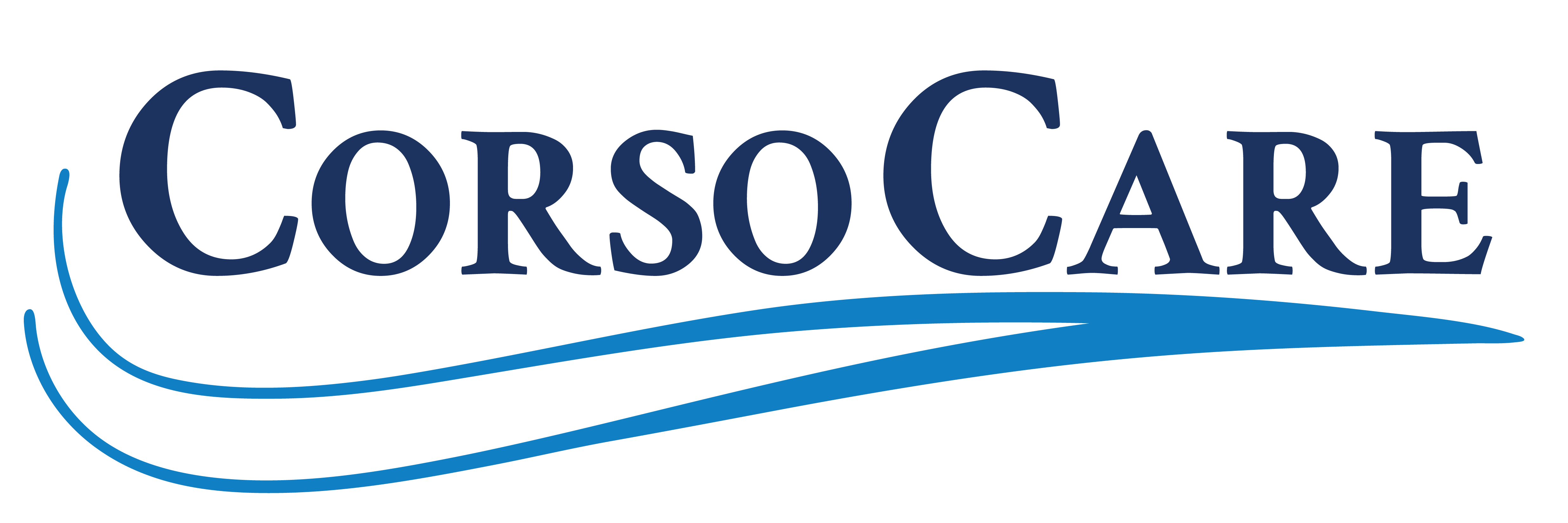
Benefits of Physical Therapy, Occupational Therapy and Speech Therapy After a Stroke
Therapy is a key element of a successful recovery from a stroke. A multi-tiered approach that includes physical, occupational, and speech-language therapy is proven to help maximize recovery.
Benefits of Physical Therapy After a Stroke
Physical therapy helps regain muscle function typically lost after a stroke. A physical therapist uses a structured regimen of exercises to restore strength and mobility, and stimulate the affected muscles and nerves to maintain circulation and prevent stiffness. Therapists can also help patients relearn basic muscle movements to improve balance, coordination, and other basic skills essential to improving the overall quality of life.
Physical therapy can help patients:
- Recover lost muscle functions
- Stimulate damaged nerves and muscles to regain function
- Reduce stiffness and maintain circulation in affected muscles and nerves
- Relearn movements and activities
- Gain the most function possible and independence possible
- Learn new ways to move due to any lingering side effects
- Rebuild overall mobility and physical strength
- Prevent muscle loss
Benefits of Occupational Therapy After a Stroke
While physical therapy focuses on a patient’s overall body movement and strength, occupational therapy builds that to focus on helping patients perform activities of daily living. An occupational therapist can help improve the patient with:
- Basic activities of daily living, including feeding, grooming, bathing, dressing, toileting, and managing medications.
- Instrumental activities such as cooking, driving, and general housework.
- Cognition skills such as thinking, processing, and interpreting visual and spatial information.
Benefits of Speech Language Therapy After a Stroke
One of the most traumatic effects of a stroke is aphasia — which is losing the ability to speak. While the severity can range from complete loss of speech, 40% of all stroke victims have their ability to speak or understand speech affected to some degree. Patients who immediately work with a speech-language therapist within the first couple of weeks after a stroke significantly increase their chance of regaining speech and other functions.
Speech Language Pathologists will work directly with a patient to improve:
- Clarity of speech
- Understanding spoken or written words
- Ability to follow directions
- Word retrieval/recall
- Writing words
- Problem-solving and memory skills
- Ability to participate in conversations
- Enhance swallowing
Together, these three therapy forms will help provide the best possible recovery after a stroke.
